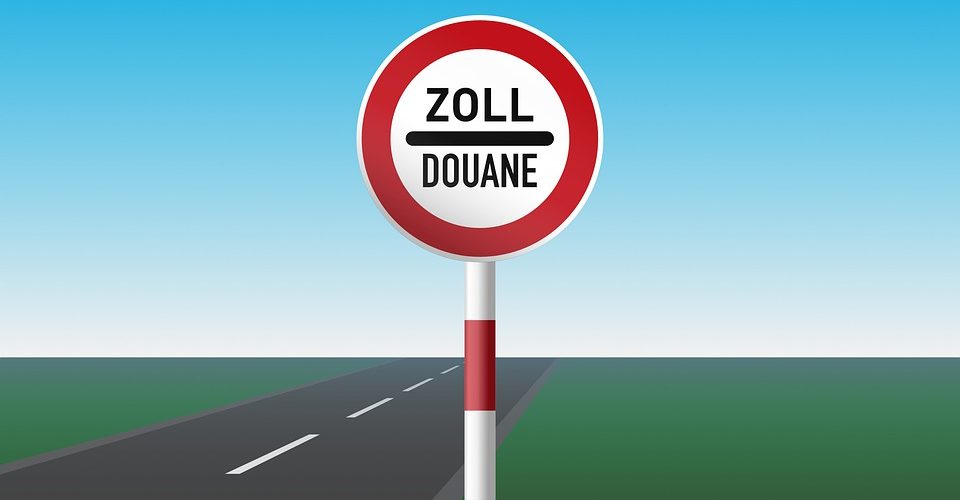In today’s economy, customs administrations are faced with a variety of complex challenges ranging from the growing importance of e-commerce and emerging technologies, to recent global crises that have put severe strains on supply chains. Simultaneously, the role of customs authorities has changed dramatically in the past two decades, and they now cover roles such as supply chain security, environmental and health standards revisions and trade facilitation. These changes have also been exacerbated by the ongoing reform of the Union Customs Code – the greatest reform made to the European customs ecosystem since the 1990s.
Find out more below about how to create a framework that aligns with the future of supply chains while accounting for new realities of the global economy.
Latest Posts in "European Union"
- EDPS Opinion on EPPO and OLAF Access to VAT Data for Combating EU Fraud
- EU Agrees on Temporary €3 Customs Duty for Low-Value E-Commerce Parcels from July 2026
- New InfoCuria case-law database and search tool
- New General Court VAT case – C-903/25 (Grotta Nuova) – No details known yet
- New General Court VAT case – C-914/25 (Modelo Continente Hipermercados) – No details known yet













